America's professional sports leagues, already reeling from COVID-19's financial impact, may want to rethink their CBD and marijuana sponsorship policies, based on a new survey by Morning Consult. According to the results, fans of Esports, UFC and Formula 1 are the most likely to use cannabis and/or CBD, while baseball and golf enthusiasts are the least likely.
In Esports, 35% of fans said they smoke or ingest marijuana often or sometimes, while 29% said they use CBD products. Similarly, 35% of UFC fans use marijuana often or sometimes, while CBD surveyed at 27%. The poll also reported 31% of Formula 1 fans use marijuana and 29% use CBD.
At the other end of the spectrum, only 20% of Major League Baseball fans said they consume marijuana while 17% said the same about CBD. This disparity may be generational as the average age of a typical golf fan is 64 while MLB comes in at 57, significantly older than Esports or UFC fans. Ironically, the PGA is one of only two professional sports leagues that allow CBD sponsorships, with the other being Indy Car racing.
All four of the country's major leagues - NHL, NBA, NFL and MLB - rank near the bottom for cannabis and CBD usage versus fans of other sports.
The survey was conducted among 252 - 1,269 self identified fans of 14 individual leagues, and asked each participant whether they "consume CBD or marijuana often or sometimes." The chart below does not include responses where individual stated they "rarely" used CBD or marijuana.
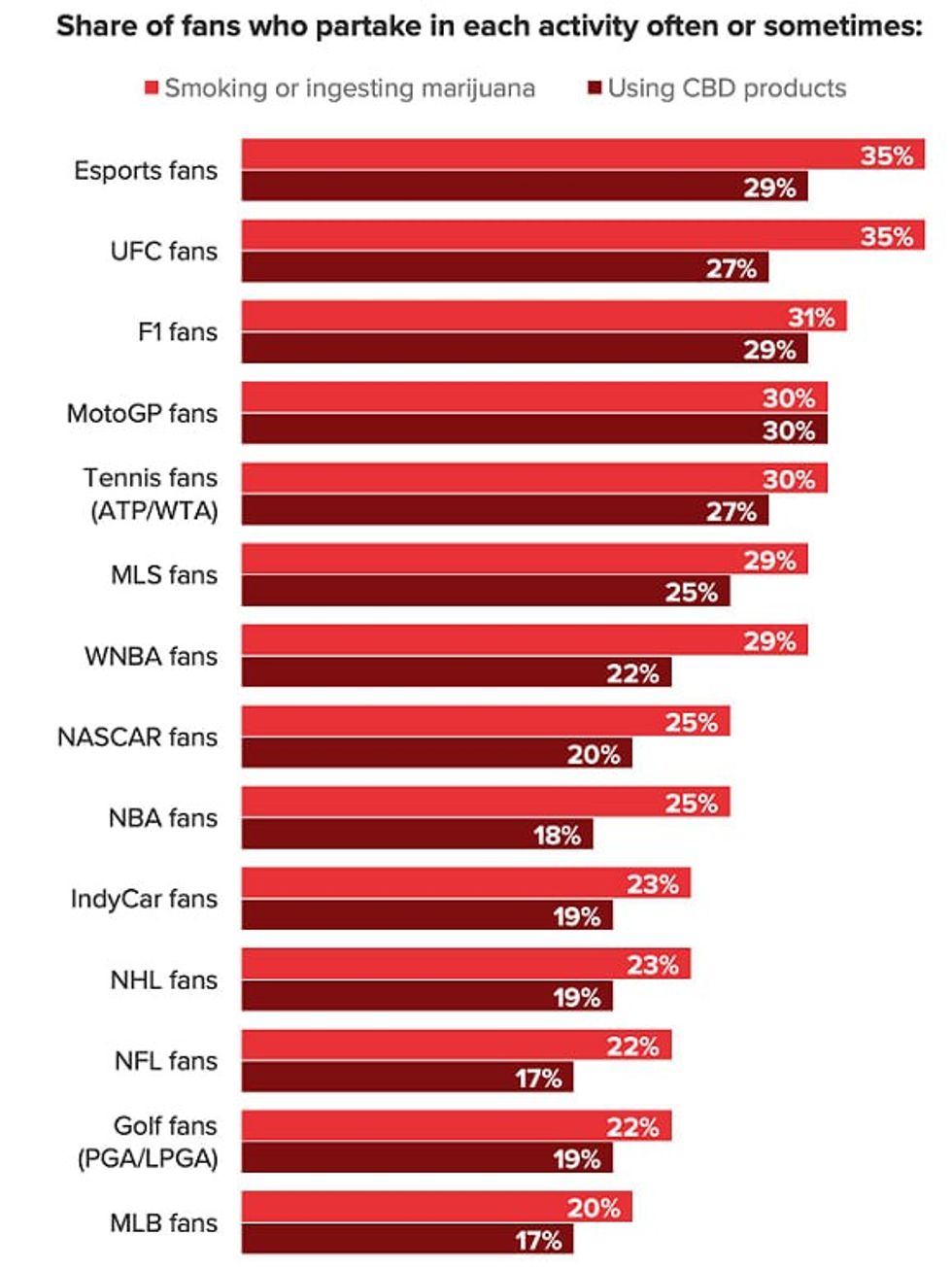
Marijuana & Sports Partnerships
It is highly unlikely that any major sports league will capitalize on their fans' preferences and allow marijuana marketing sponsorships until federal legalization is in place. Even then, the issue may be a non-starter for some leagues and owners. And, despite the hopeful promise by Congress for a floor vote on the MORE ACT this September, legalization may still be years away.
While some properties might be reluctant to associate with marijuana regardless of its legal status, the quick rush of leagues and teams to do business with betting companies following the Supreme Court’s 2018 reversal of the Professional and Amateur Sports Protection Act showed how quickly taboos can change.
Morning Consult
While there needs to be a wait and see attitude for marijuana's relationship with sports, the outlook for CBD is quite different.
CBD & Sports Partnerships
Perhaps due to better education on its non-psychoactive, proven health benefits, the financial devastation triggered by COVID-19 or the fact that the U.S. CBD marketplace will reach $4.7 billion in sales this year, CBD's partnerships among sports leagues and its athletes has grown dramatically in recent years.
For example, The World Anti Doping Agency said in 2018 that athletes can use CBD, and it recently increased its allowable limit on THC metabolites.
The PGA Tour removed CBD from its banned substances list in 2018 allowing golfers to promote CBD isolate and broad-spectrum CBD, although the league has been clear that players using the drug risk failed drug tests if products contain THC. Since then, big name golfers like Bubba Watson, Charley Hoffman, Scott Piercy, and Lucas Glover have signed CBD-related sponsorships without penalty
Craft 1861 became the first CBD provider to sponsor an Indianapolis 500 racing team in 2019, while hemp oil brand Synchronicity inked a 4-year sponsorship deal with the United Soccer League. Some reports have indicated that Major League Soccer Ready will approve CBD sponsorships by year-end.
On a side note, it is not all about health and safety with Indy Cars and NASCAR as both leagues have permitted tobacco-based vaping sponsorships by Vuse and Blu, respectively.
Legendary NFL quarterback Brett Favre and NBA Hall of Famer Earvin "Magic" Johnson recently announced new partnerships with CBD brands.
Despite progress, there is still a lot of work to be done with the country's other pro sports leagues.
A recent NFL analysis concluded that while “CBD is a promising compound […] the extent of its use in the United States outpaces the level of evidence.” That lack of evidence appears the main conflict traditional sports leagues have in associating with CBD products.
Added NBA Commissioner Adam Silver: “When we change our policy we have to be really careful because we’re clearly sending a message to young people."
Ignoring the fact that nearly 80% of MMA fighters said they have used CBD, as well as a large part of their fan base, the only acknowledgement this league has made was to announce a 2019 research partnership with Aurora Cannabis to study CBD and carry Aurora’s line of sports-branded CBD products.
READ: Former UFC Middleweight Contender Elias Theodorou Becomes First MMA Athlete to Receive Medical Cannabis Exemption
Even sponsorship representatives, who should have an easier sell given the leagues' financial difficulties, remain skeptical.
“As much as I would love to sell as many categories and allow our clubs to sell as many categories to monetize, you start getting into health and well-being,” a top sponsorship executive at a major U.S. sports league told Morning Consult. “There’s a whole other part of the organization, including doctors, that look into the effects of that product. And so at this point, we are looking into it, but there’s nothing imminent.”
Are you still missing out on The Bluntness newsletter? Sign Up today to stay in the loop.
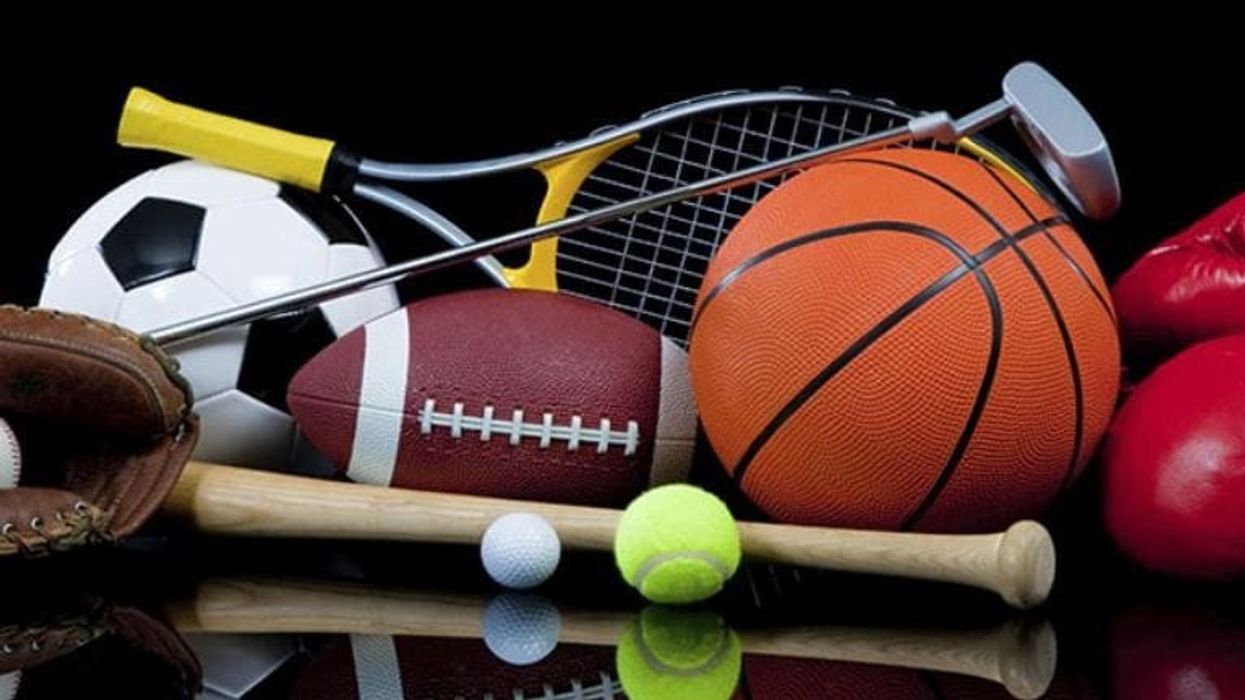

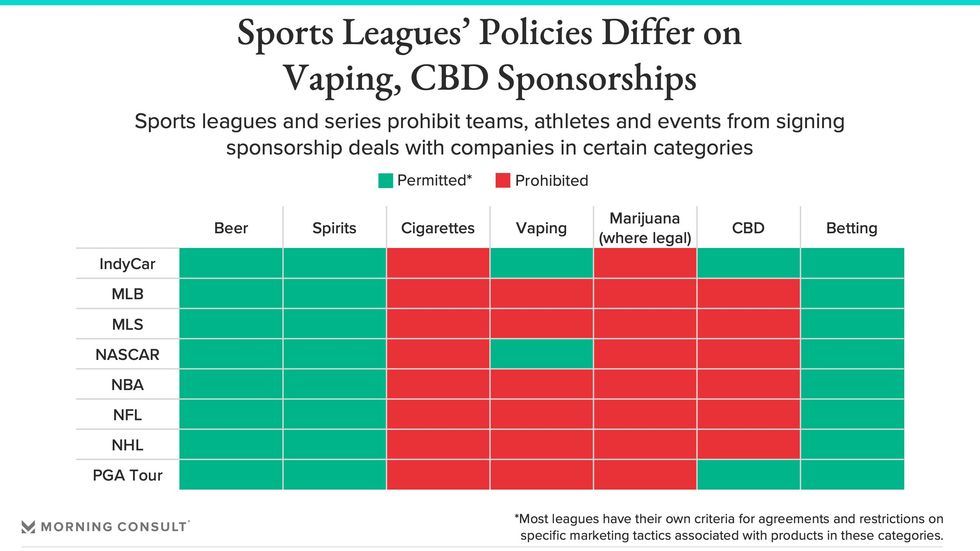

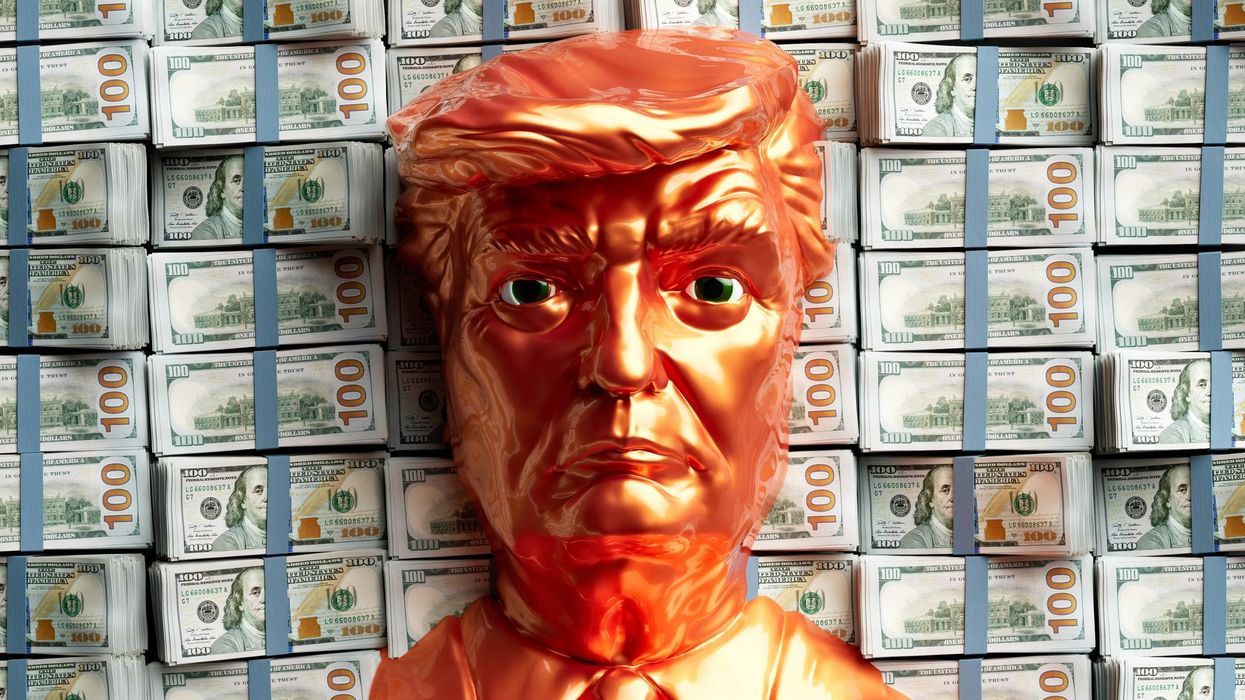






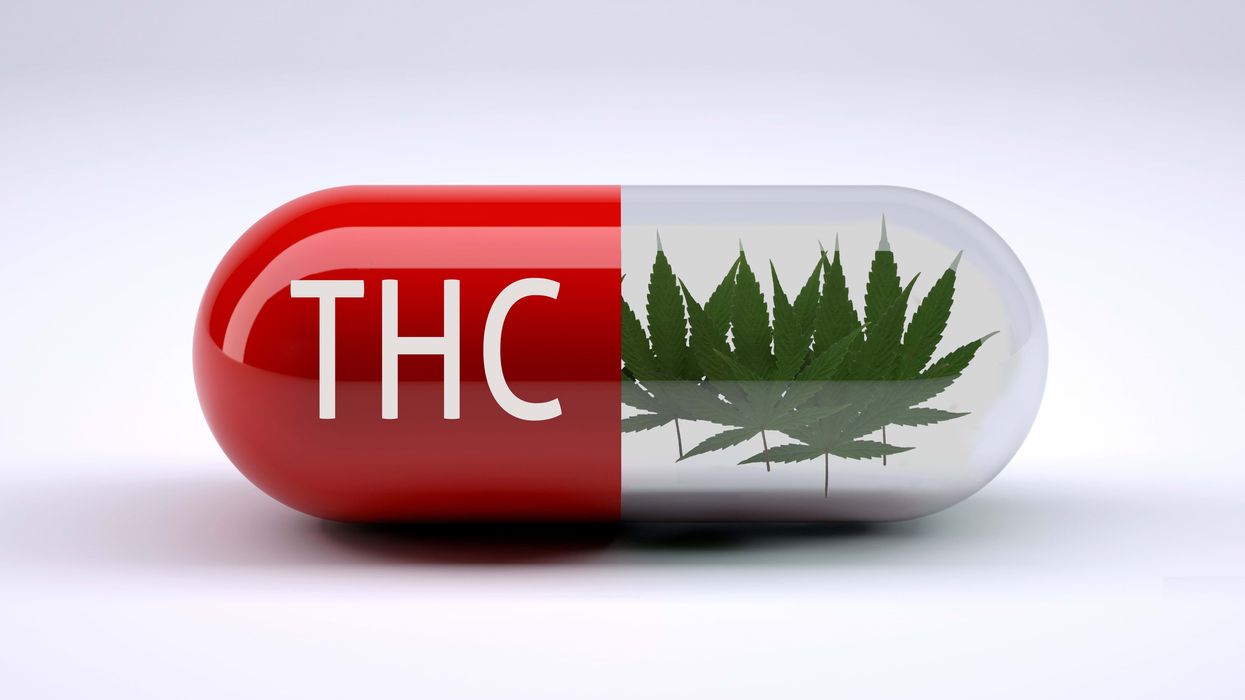
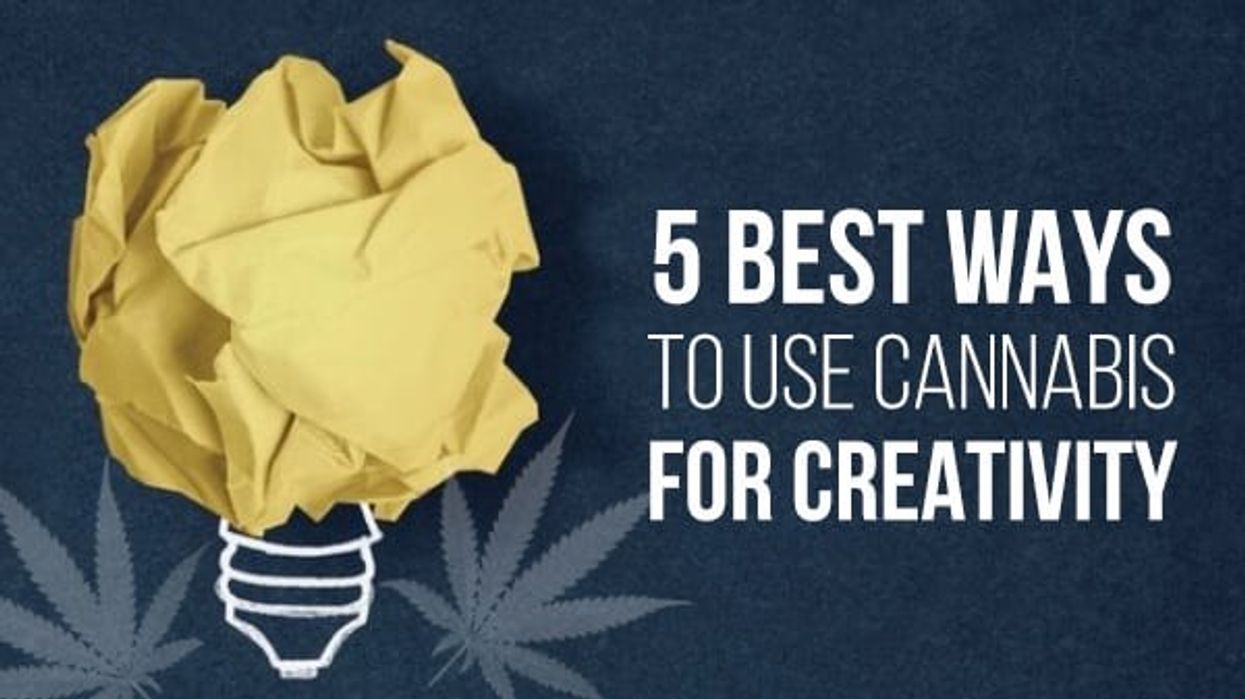
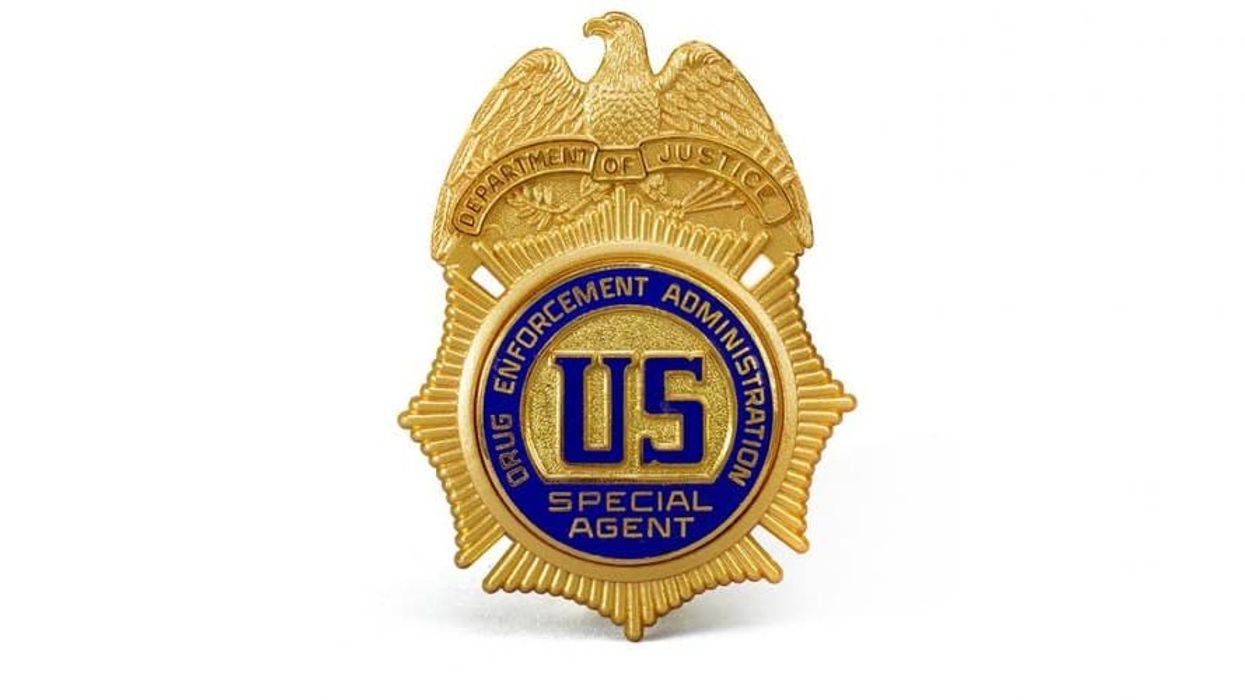
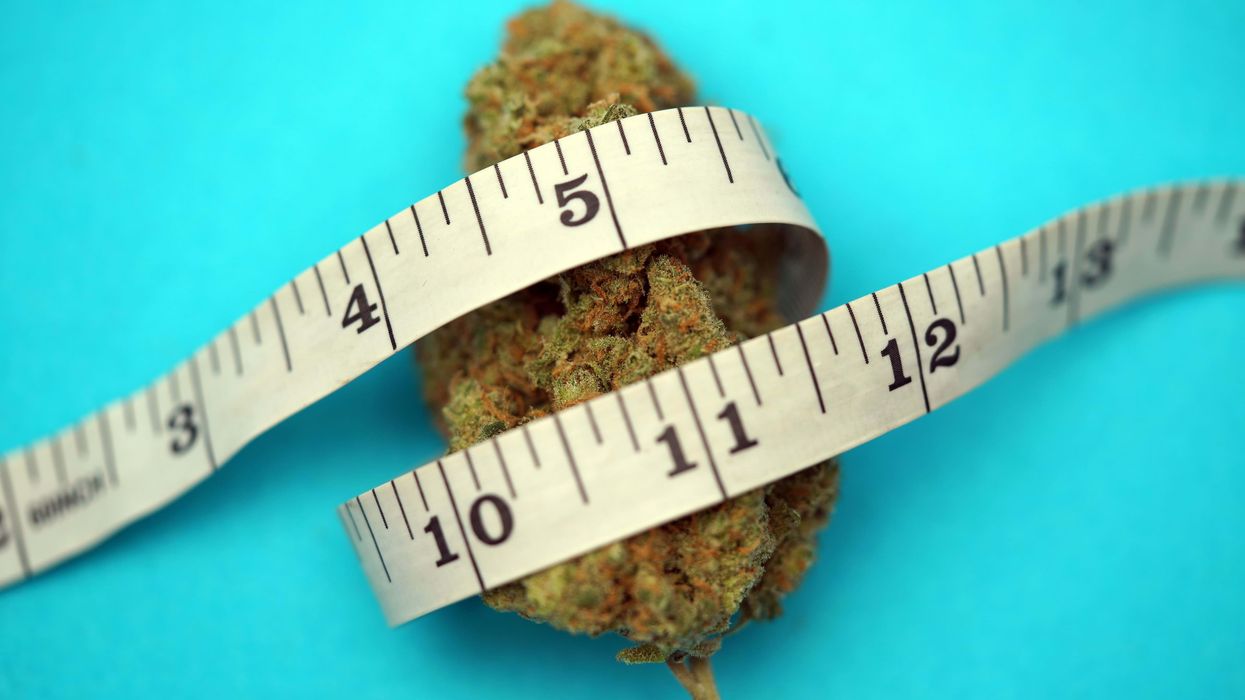
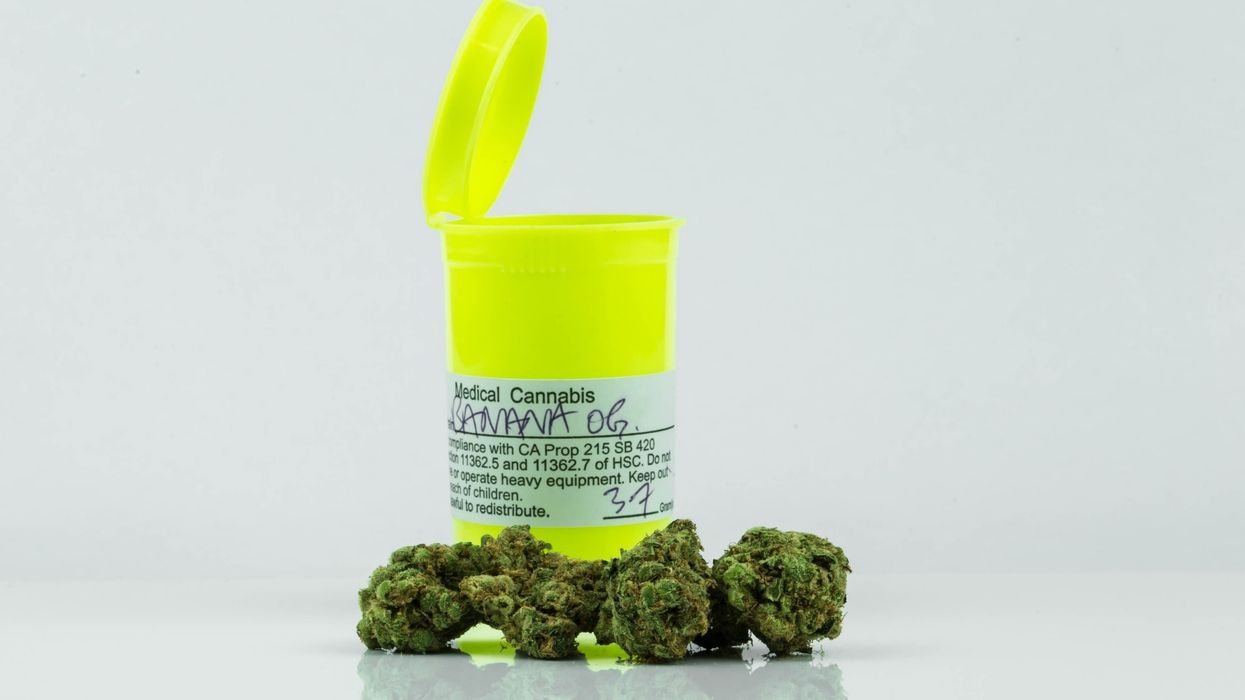
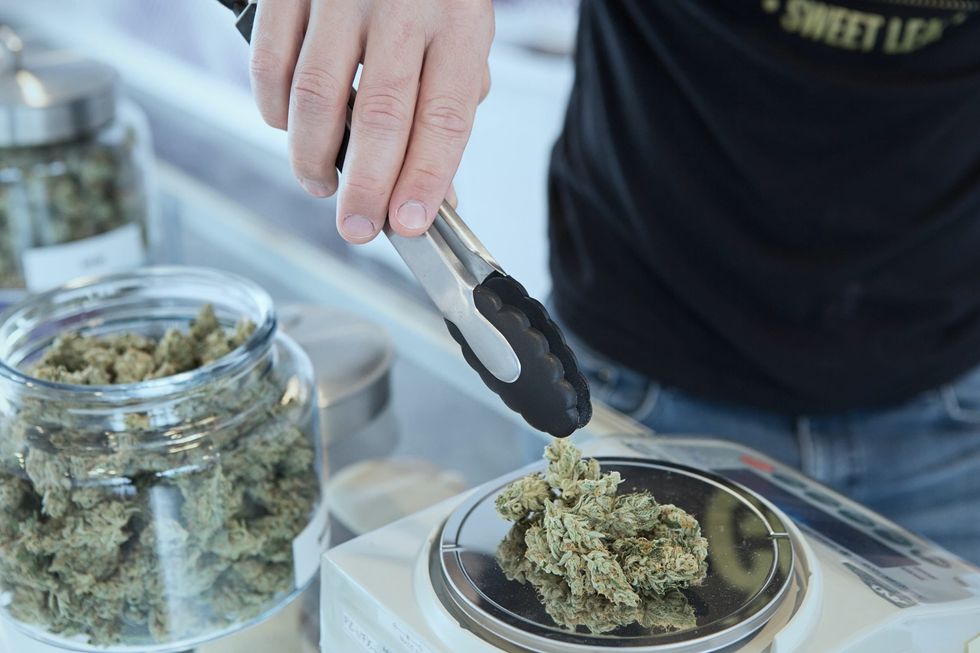 Finding the right cannabis cultivars for you is an important part of the process.Photo by Add Weed on Unsplash
Finding the right cannabis cultivars for you is an important part of the process.Photo by Add Weed on Unsplash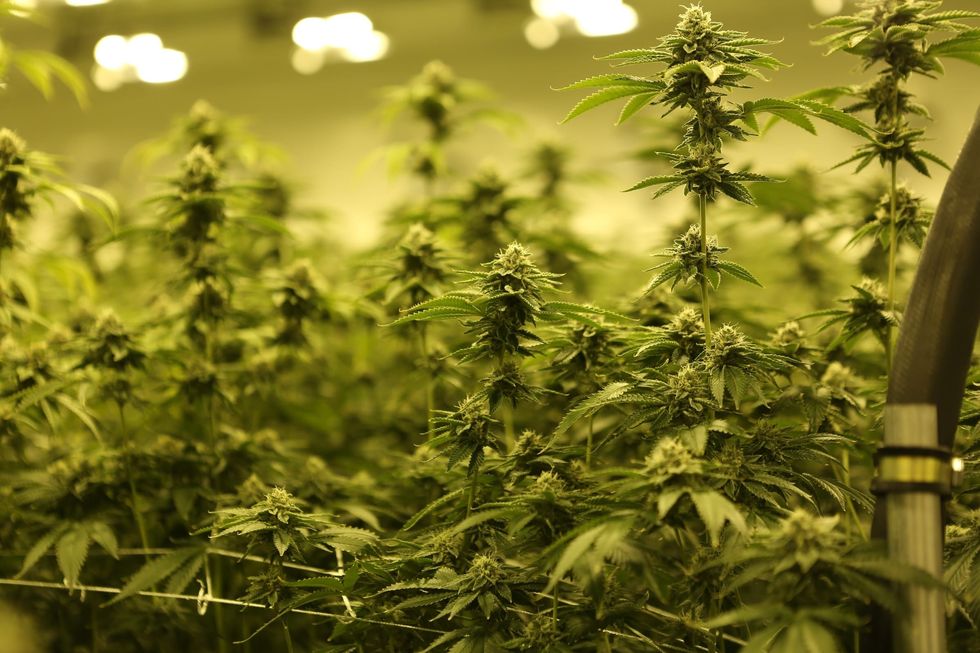 Some people prefer cannabis cultivated indoors. Others prefer sun-grown cannabis. And plenty of folks enjoy both.Photo by Next Green Wave on Unsplash
Some people prefer cannabis cultivated indoors. Others prefer sun-grown cannabis. And plenty of folks enjoy both.Photo by Next Green Wave on Unsplash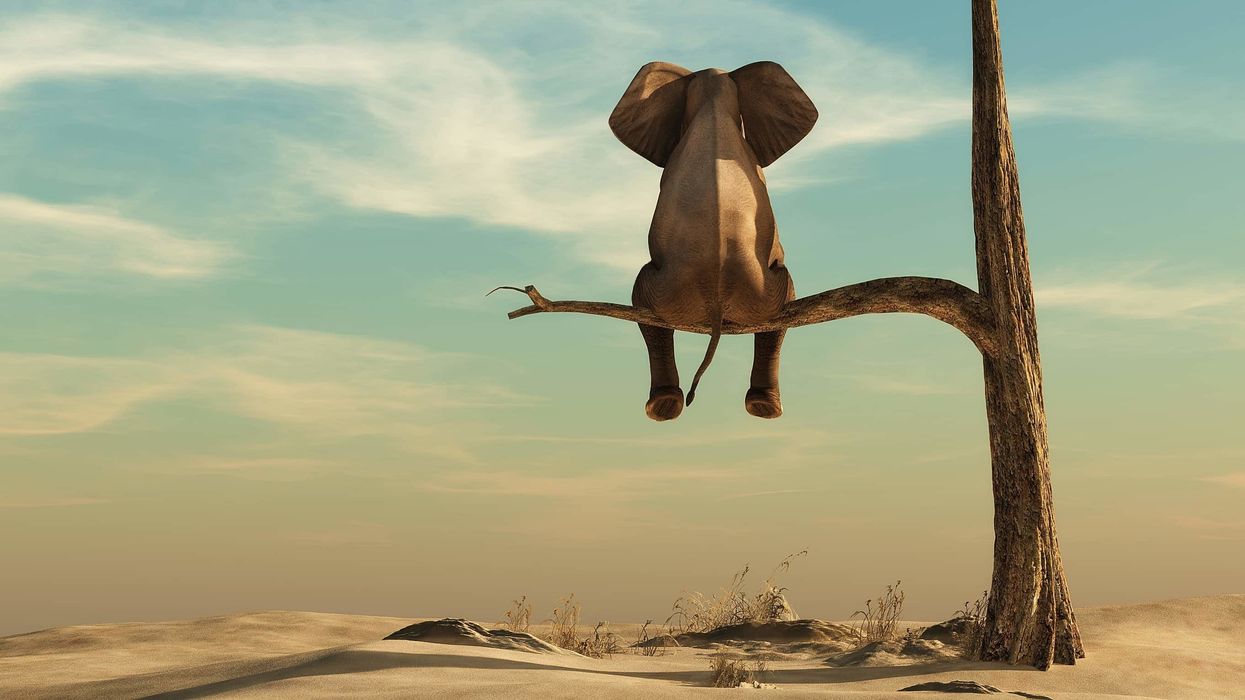
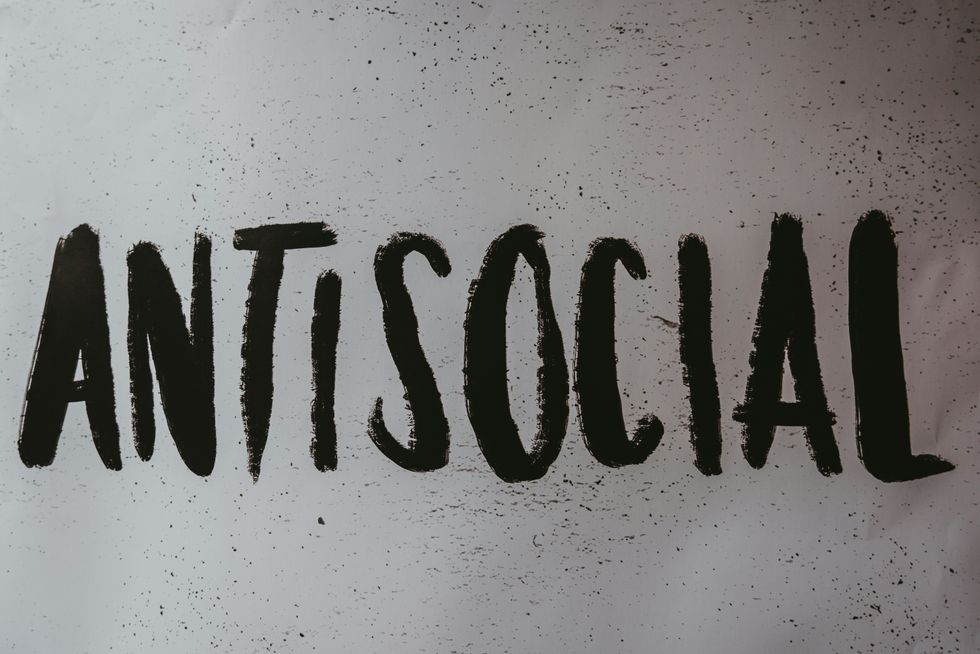 Recognizing the Signs of Antisocial Behaviors - The Bluntness
Photo by
Recognizing the Signs of Antisocial Behaviors - The Bluntness
Photo by 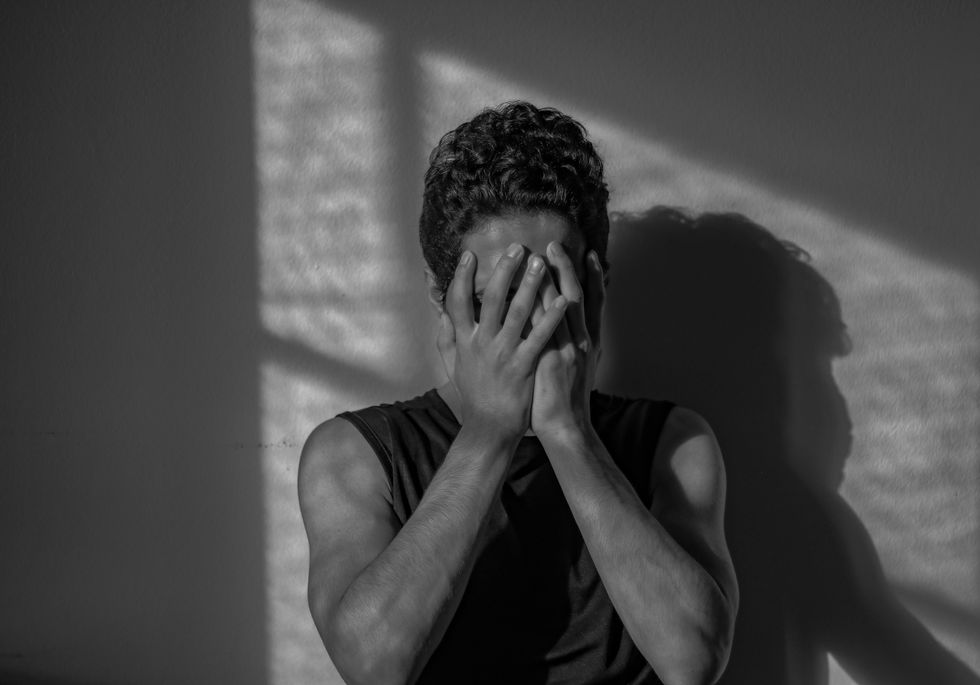 Weed Makes Me Antisocial: What To Do - The Bluntness
Photo by
Weed Makes Me Antisocial: What To Do - The Bluntness
Photo by 
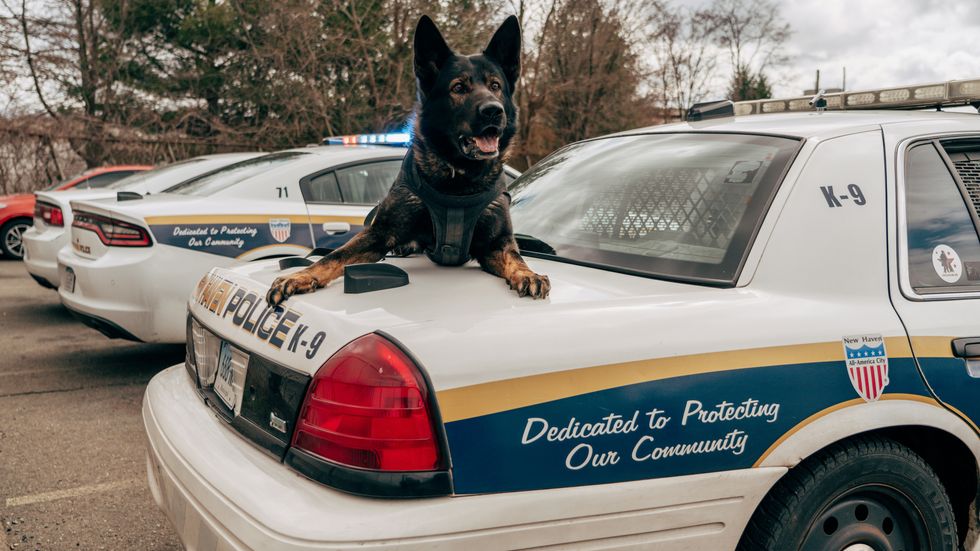 Can Drug Dogs Smell Edibles? - The Bluntness
Photo by
Can Drug Dogs Smell Edibles? - The Bluntness
Photo by 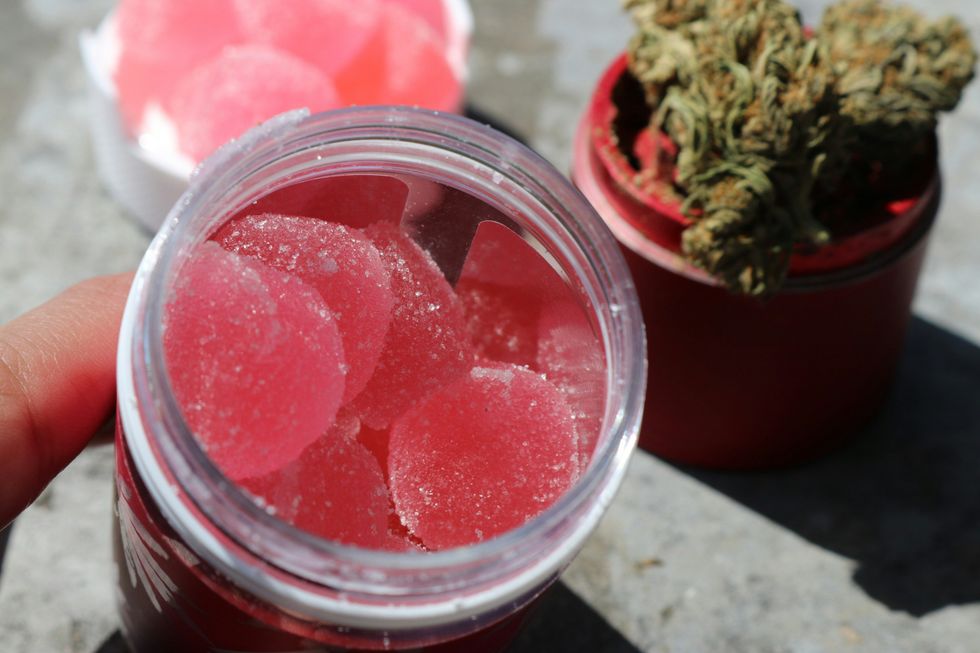 Can Drug Dogs Smell Edibles? - The Bluntness
Photo by
Can Drug Dogs Smell Edibles? - The Bluntness
Photo by